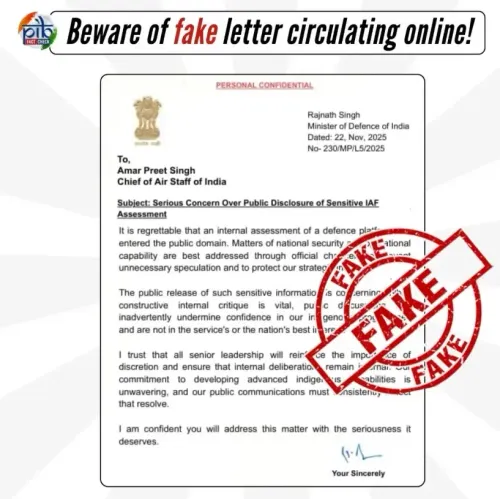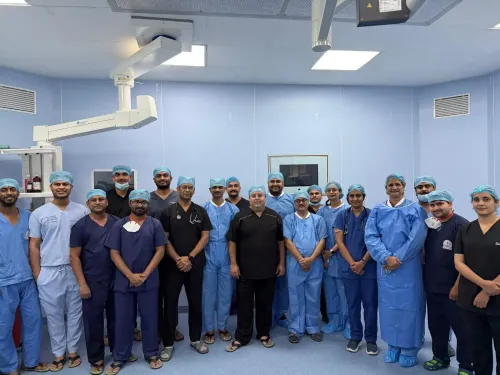India Implements Measures to Protect Domestic Steel Producers Amid US Tariffs

Synopsis
Key Takeaways
- India is taking steps to protect its steel industry.
- US has imposed a 25% tariff on steel and aluminum.
- Countervailing Duty is in effect for imports from China and Vietnam.
- Basic Customs Duty on certain materials has been reduced to zero.
- Production-Linked Incentive scheme to boost Specialty Steel manufacturing.
New Delhi, March 12 (NationPress) The Indian government has announced various initiatives to protect local steel manufacturers and enhance the competitiveness of the nation's steel sector, following the US's decision to impose a 25 percent tariff on steel and aluminum imports on a most favored nation (MFN) basis starting March 12.
Engagement with the US continues, aiming to foster and expand bilateral trade relations in a way that benefits both parties, as stated by Bhupathiraju Srinivasa Varma, the Minister of State for Steel and Heavy Industries, during a Lok Sabha session.
The government has implemented a Countervailing Duty (CVD) for Welded Stainless Steel Pipes and Tubes imported from China and Vietnam. In the Union Budget for 2024-25, the Basic Customs Duty (BCD) on Ferro-Nickel and Molybdenum ores and concentrates, essential raw materials for the steel industry, has been reduced from 2.5 percent to zero.
The exemption on BCD for Ferrous Scrap has been extended until March 31, 2026. Additionally, the exemption for specified raw materials used in the production of Cold Rolled Grain Oriented (CRGO) steel has also been prolonged until the same date.
Moreover, the exemption has been broadened to cover specified raw materials for CRGO Steel categorized under tariff item 7226 11.00, as noted by the minister.
The Production-Linked Incentive (PLI) scheme for Specialty Steel aims to boost domestic manufacturing while reducing reliance on imports by attracting capital investments.
The anticipated investment under the PLI scheme for Specialty Steel is ₹27,106 crore, which is expected to create approximately 24 million tonnes (MT) of downstream capacity, according to government sources.
As the steel sector is deregulated, the government serves as a facilitator, establishing a supportive policy environment for industry growth.
The Directorate General of Trade Remedies (DGTR) conducts anti-dumping investigations under the Customs Tariff Act of 1975, based on substantiated applications from domestic industries claiming injury due to imported goods.
The primary objective of these anti-dumping measures is to mitigate harm to the domestic industry caused by unfair dumping practices and to ensure a level playing field.
Currently, a total of 151 Indian Standards have been notified under the Quality Control Order, encompassing carbon steel, alloy steel, and stainless steel.









